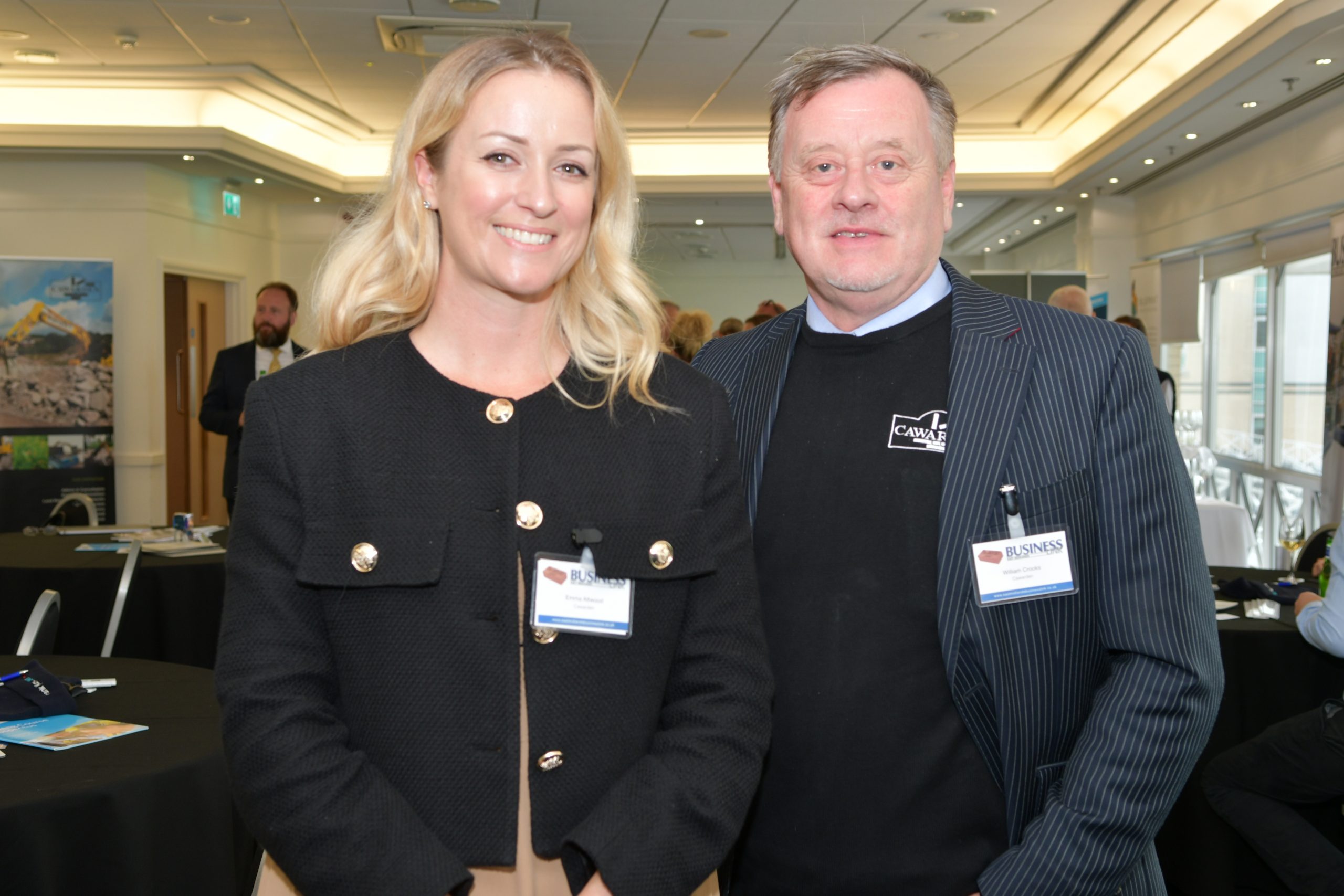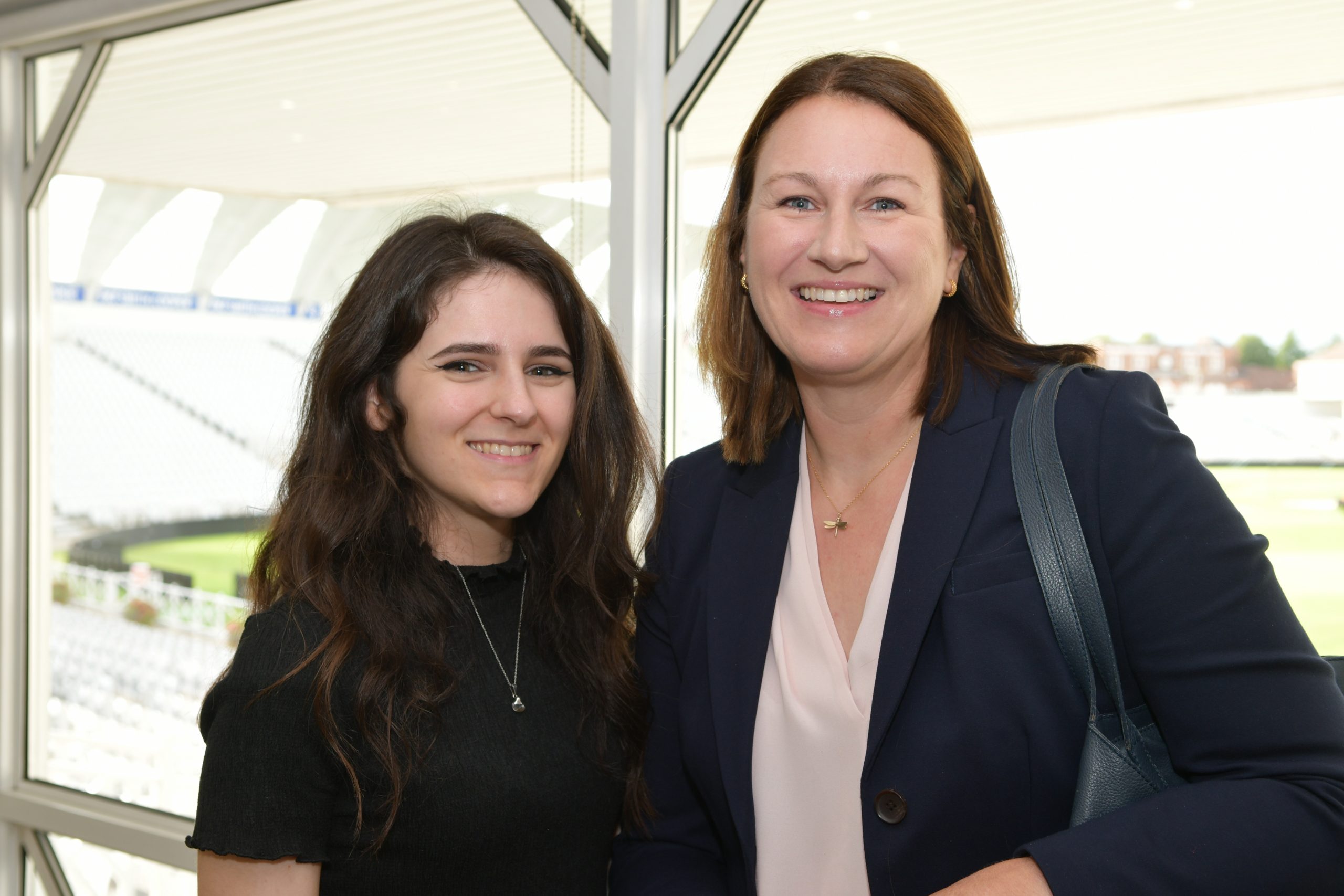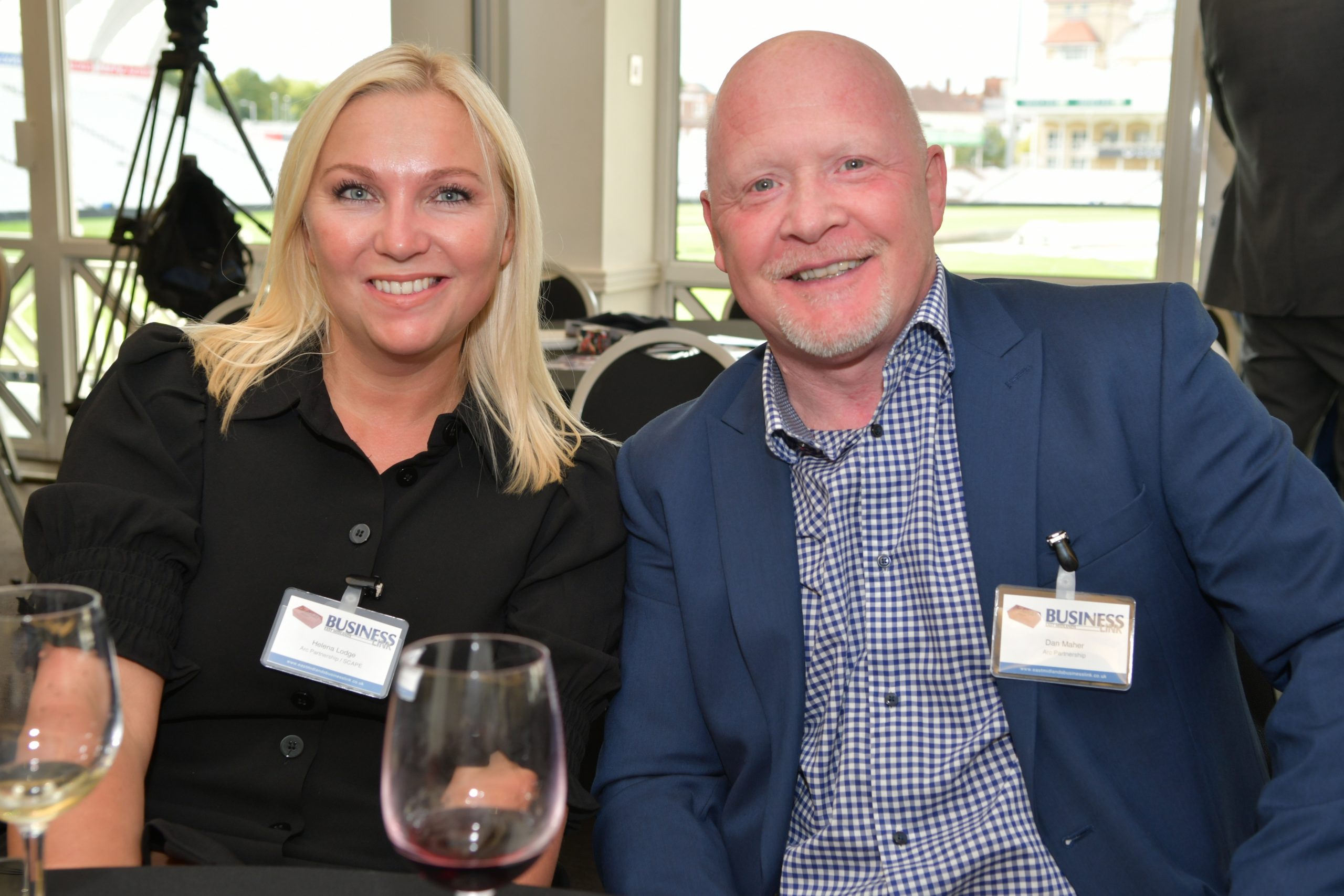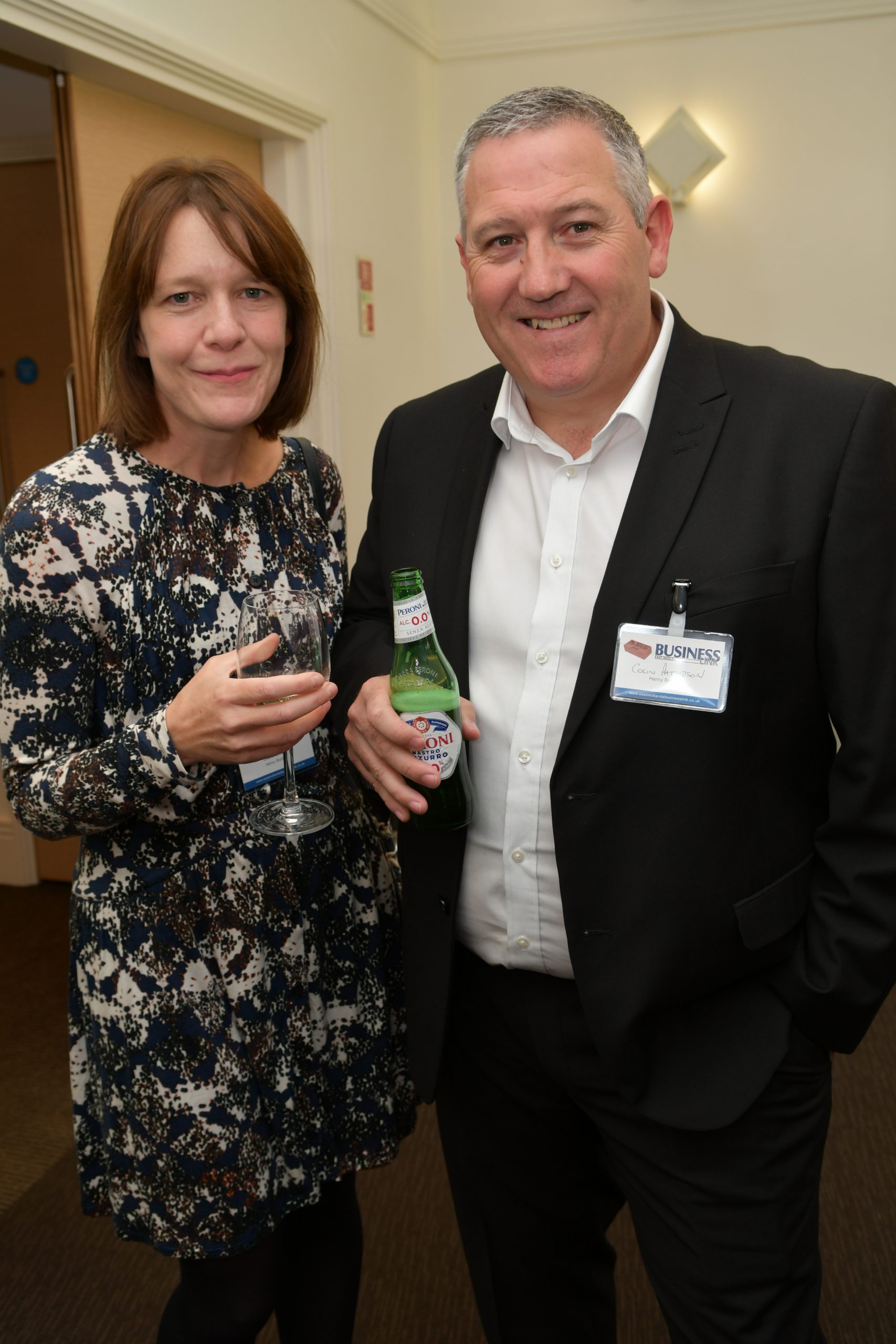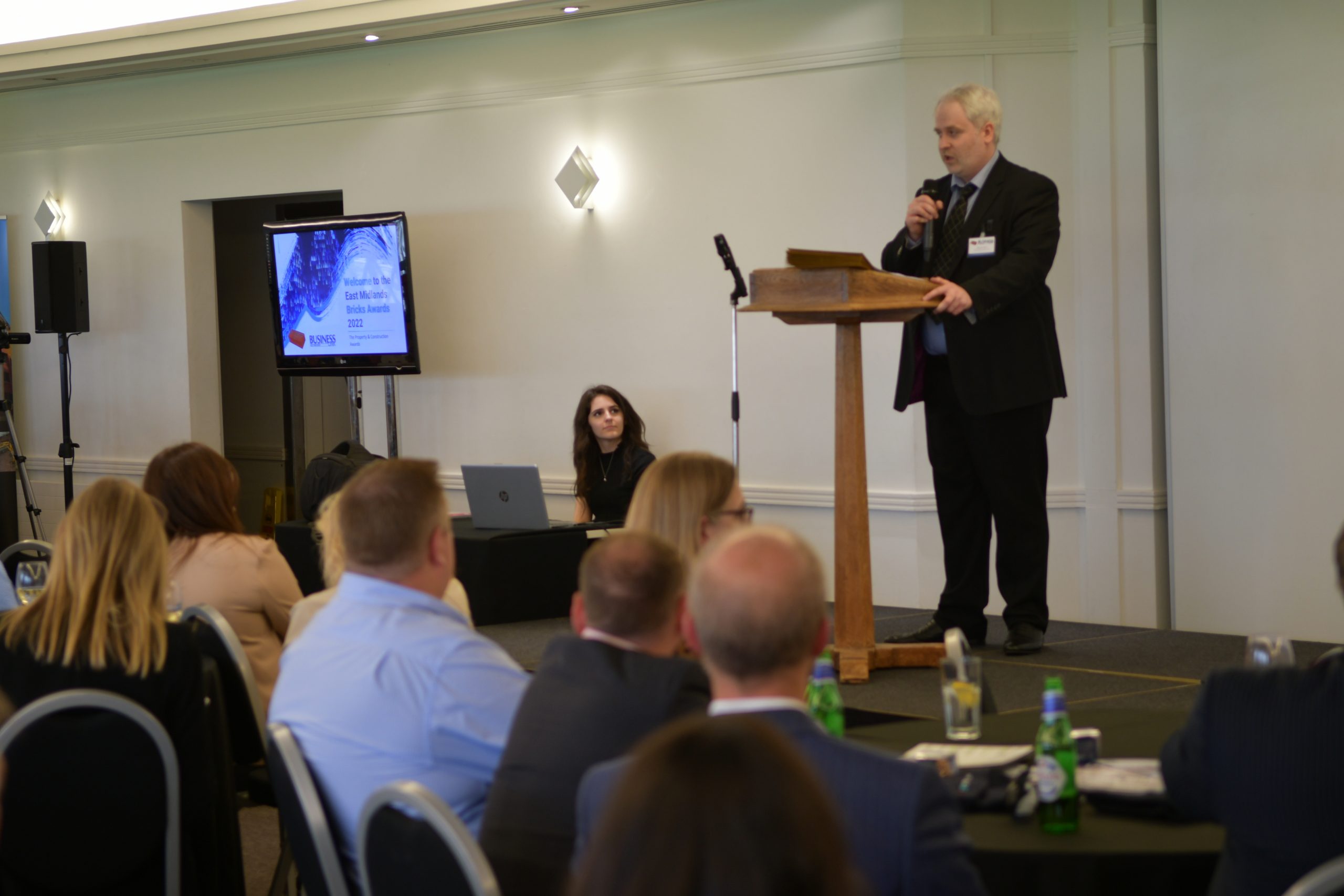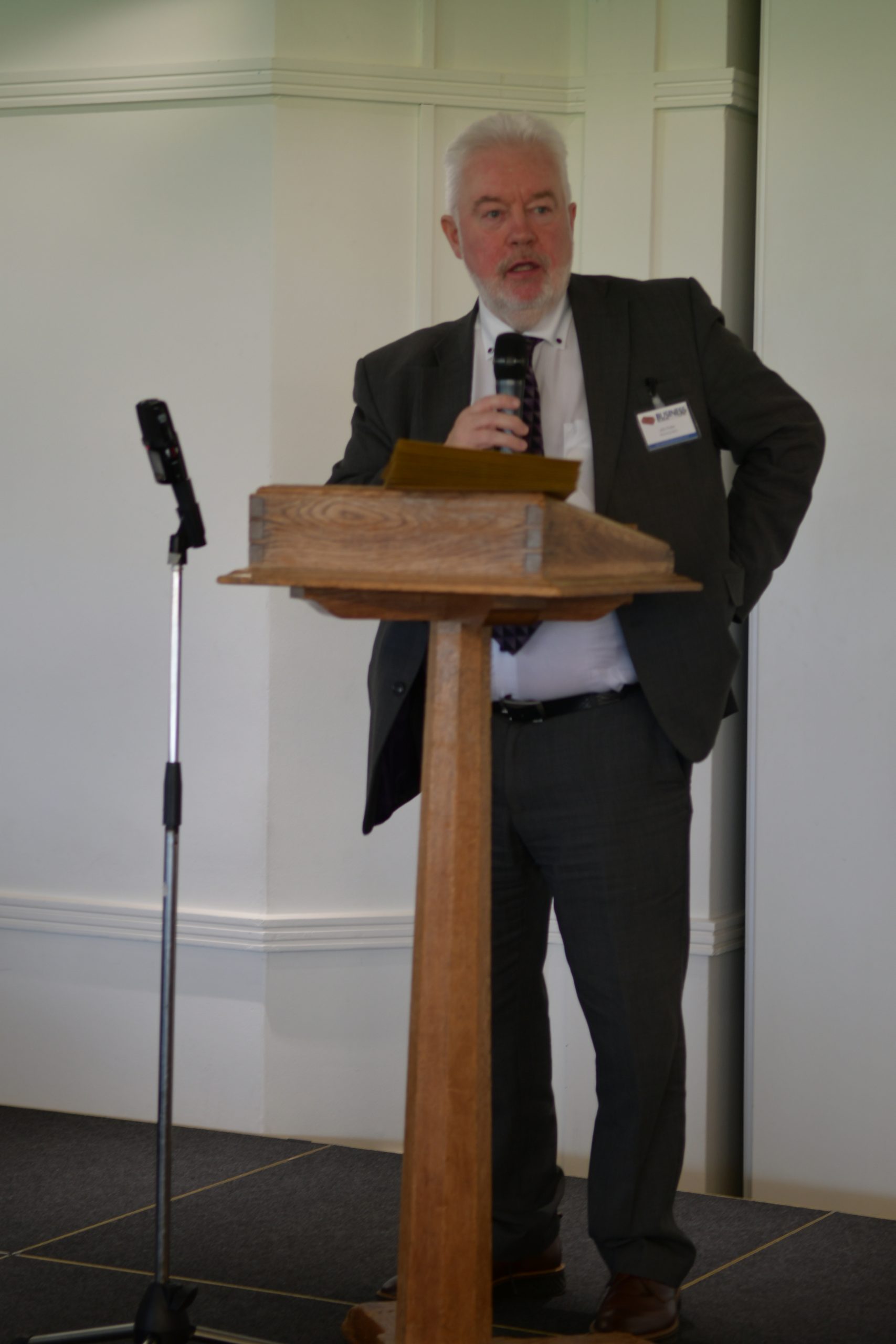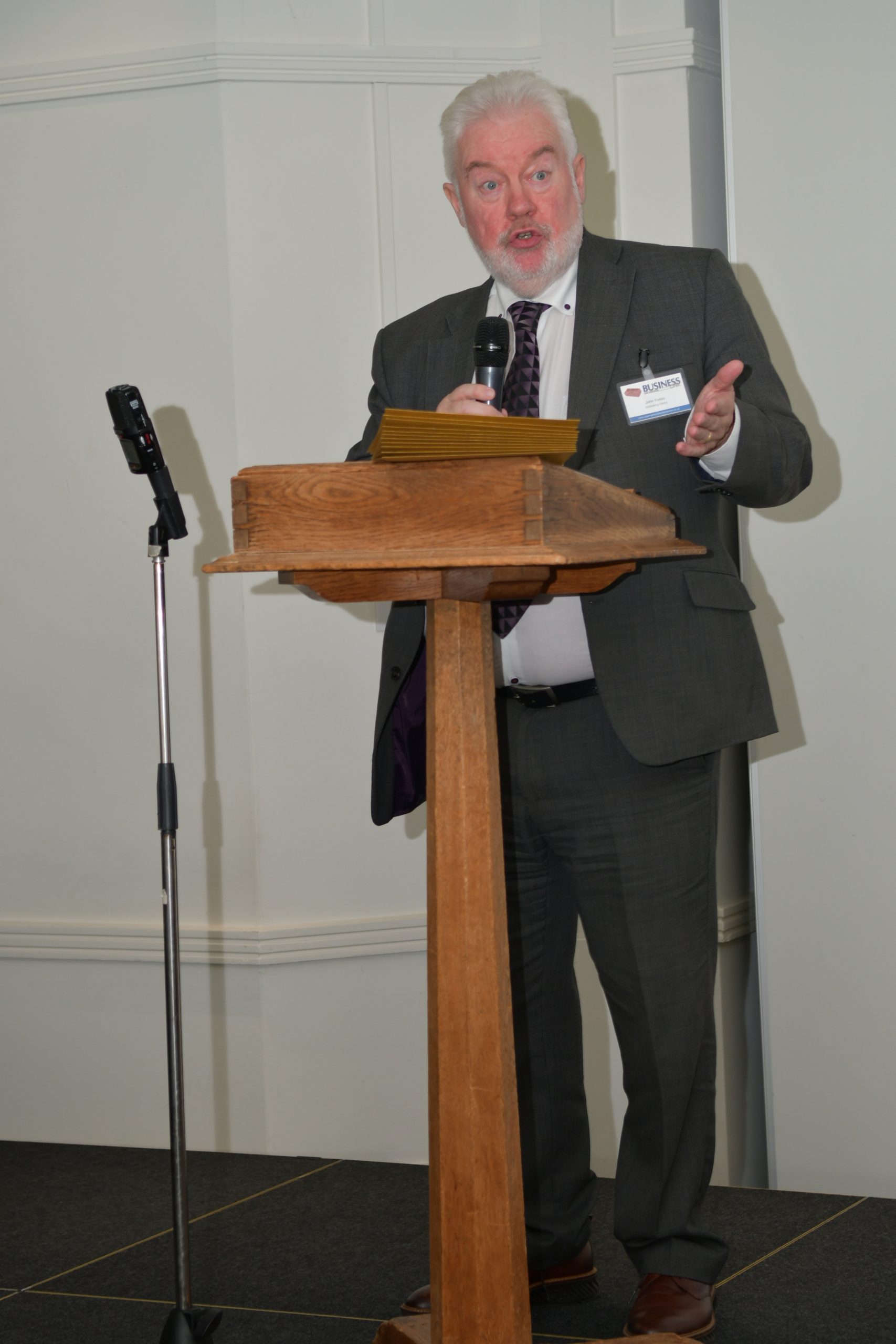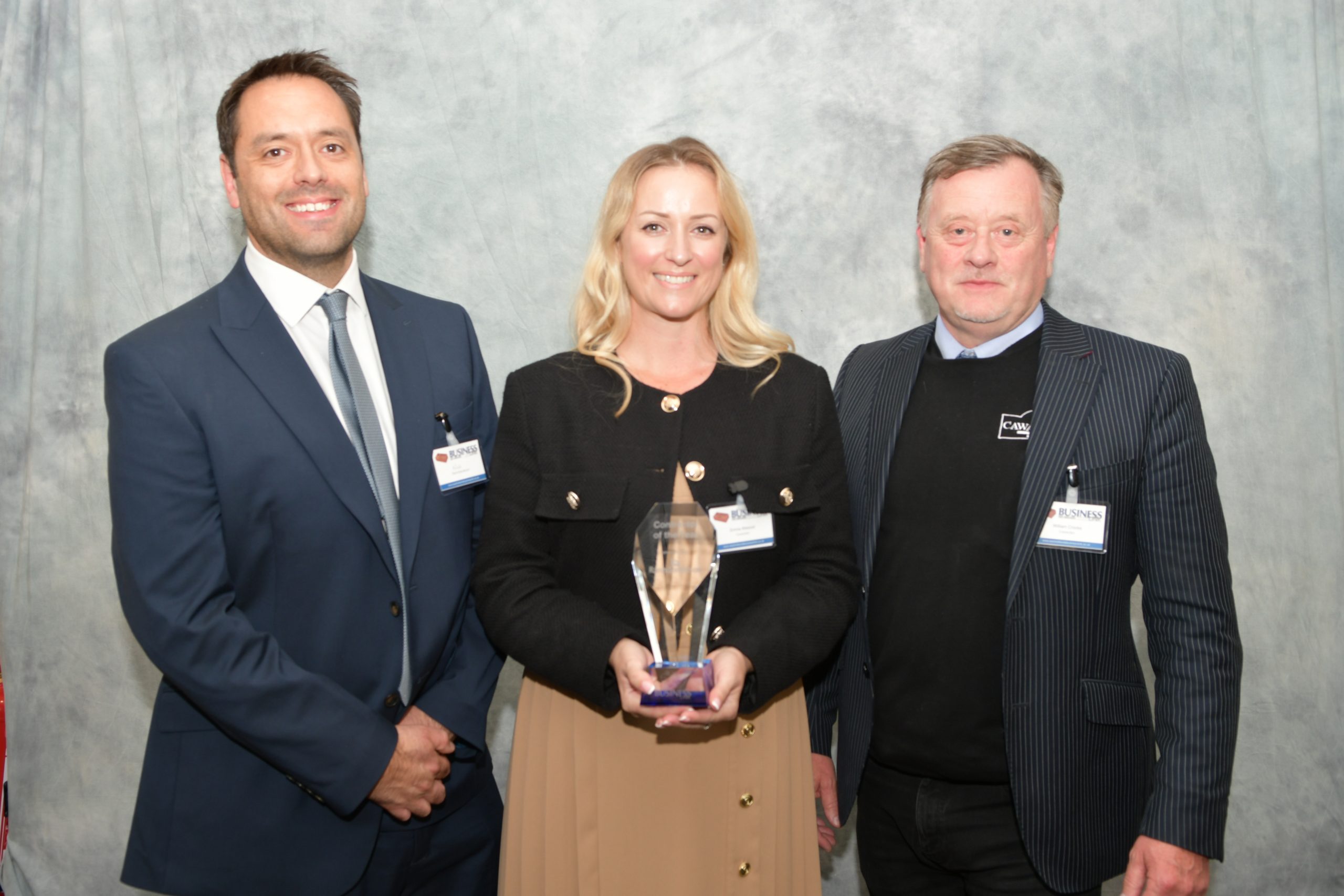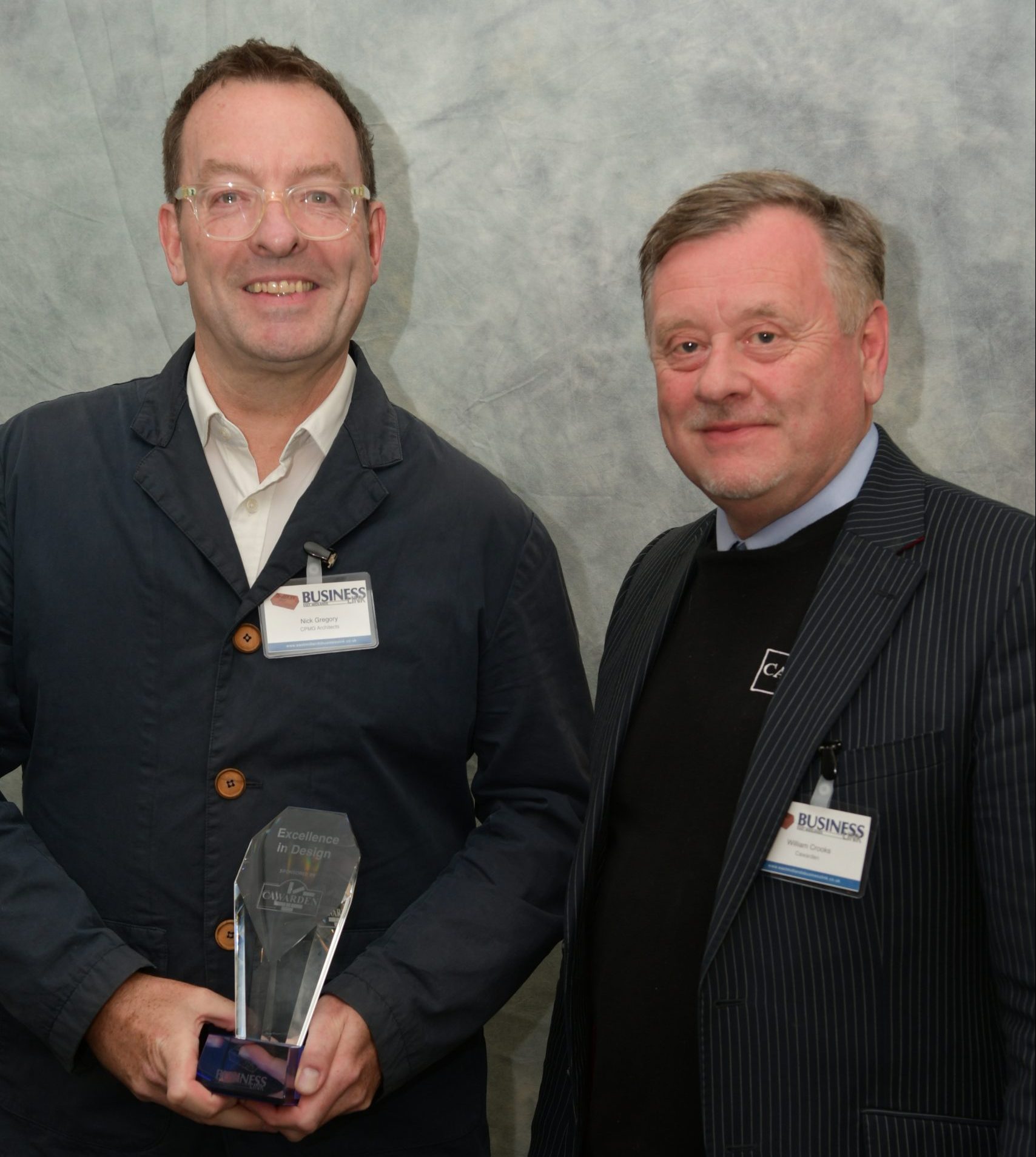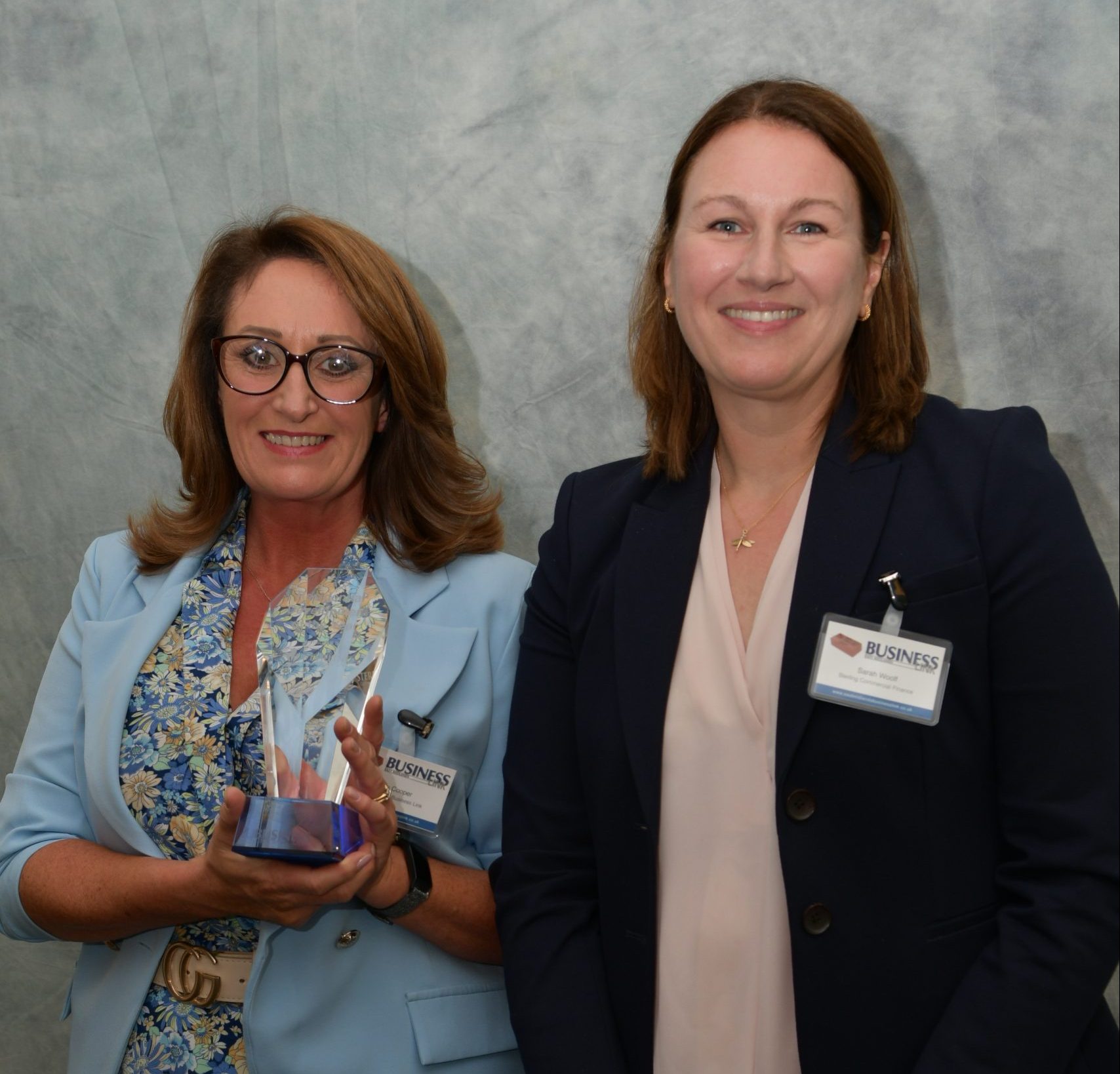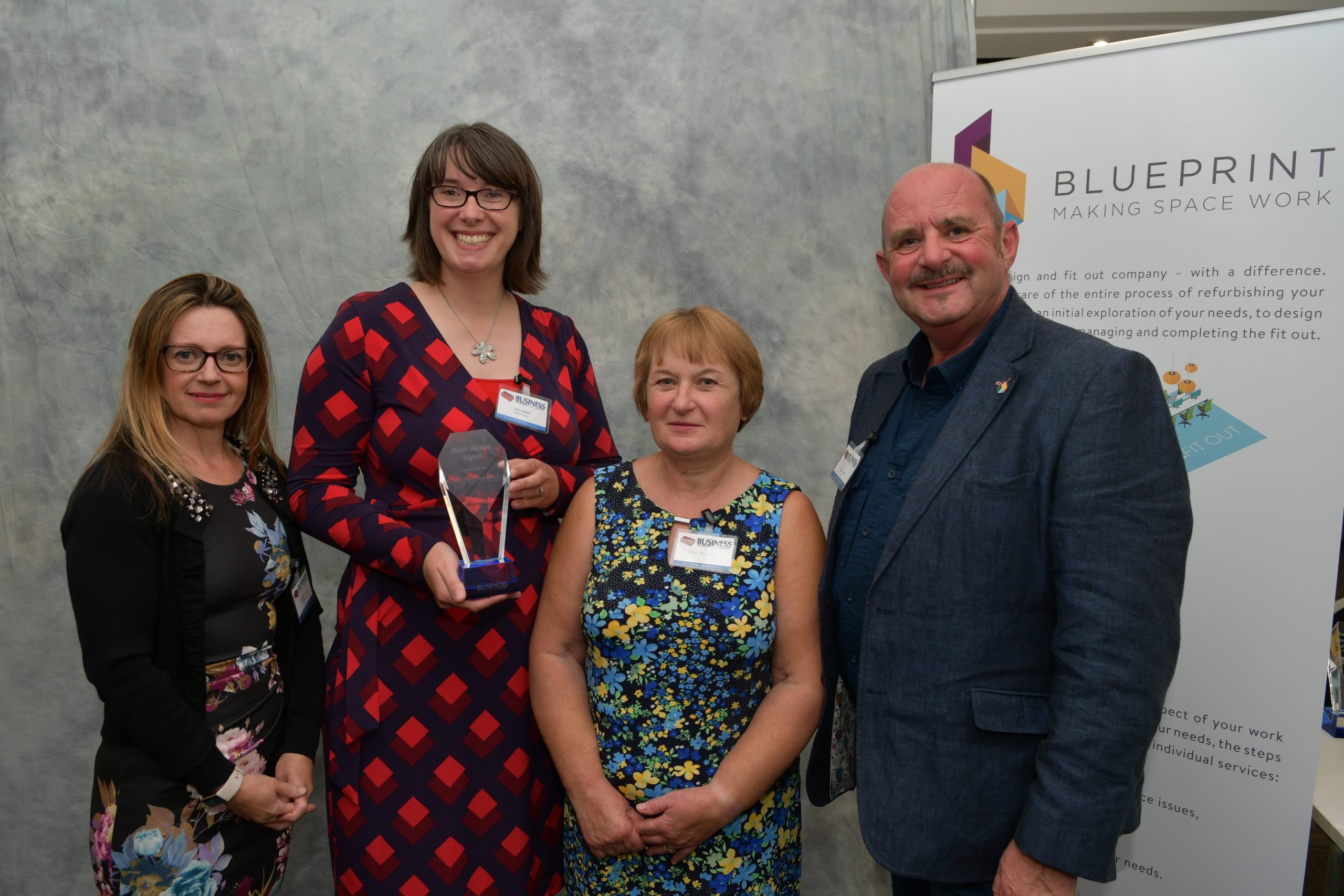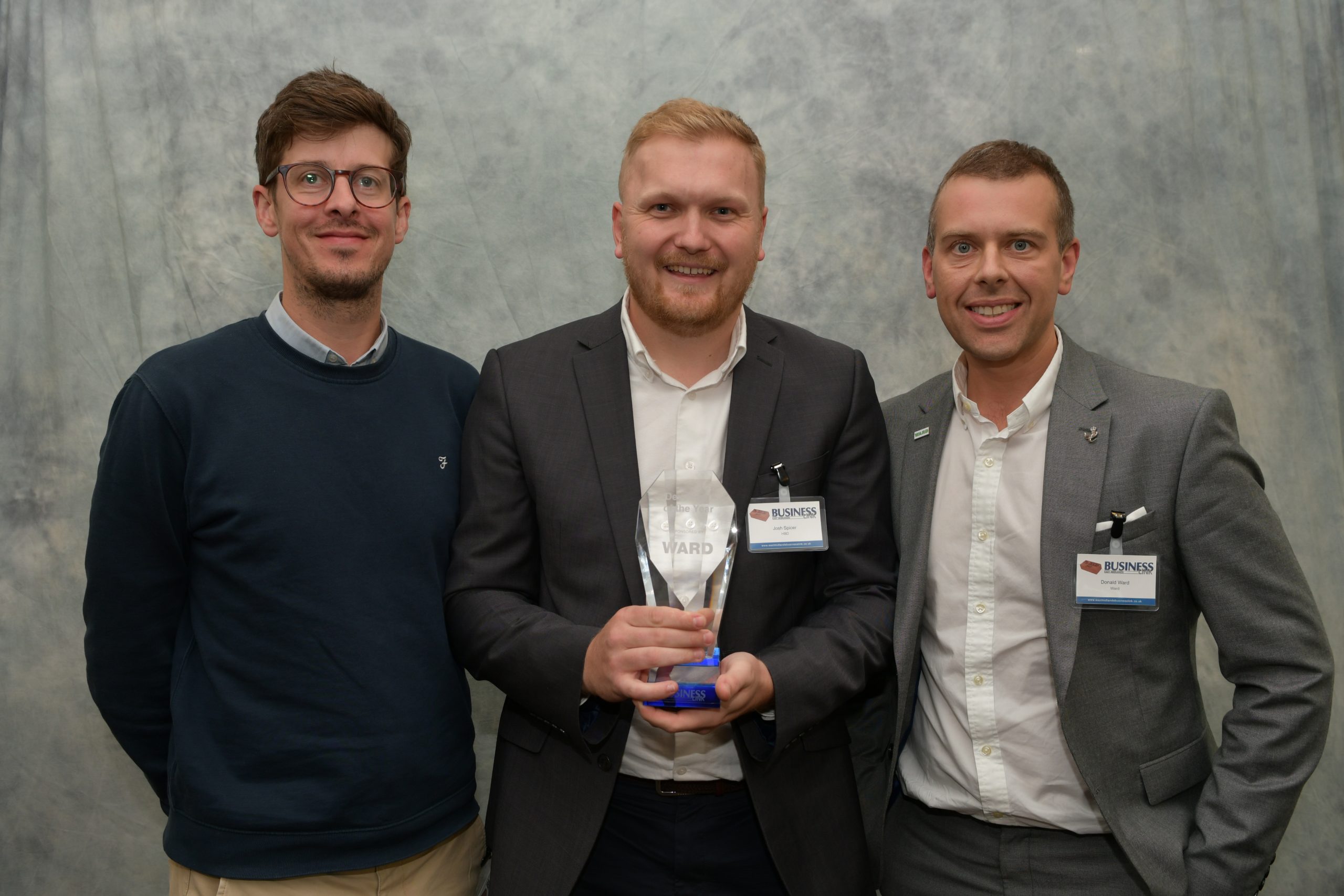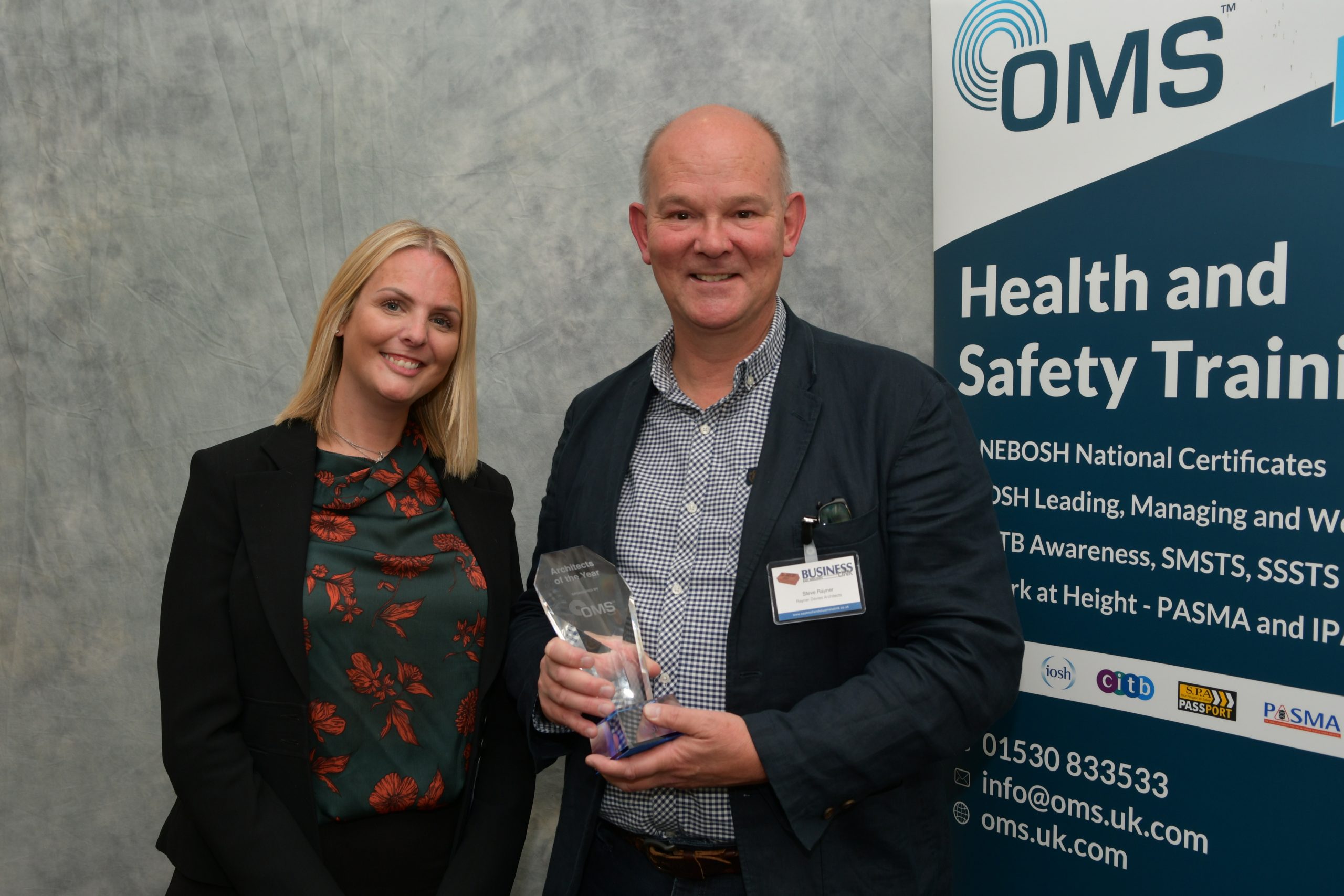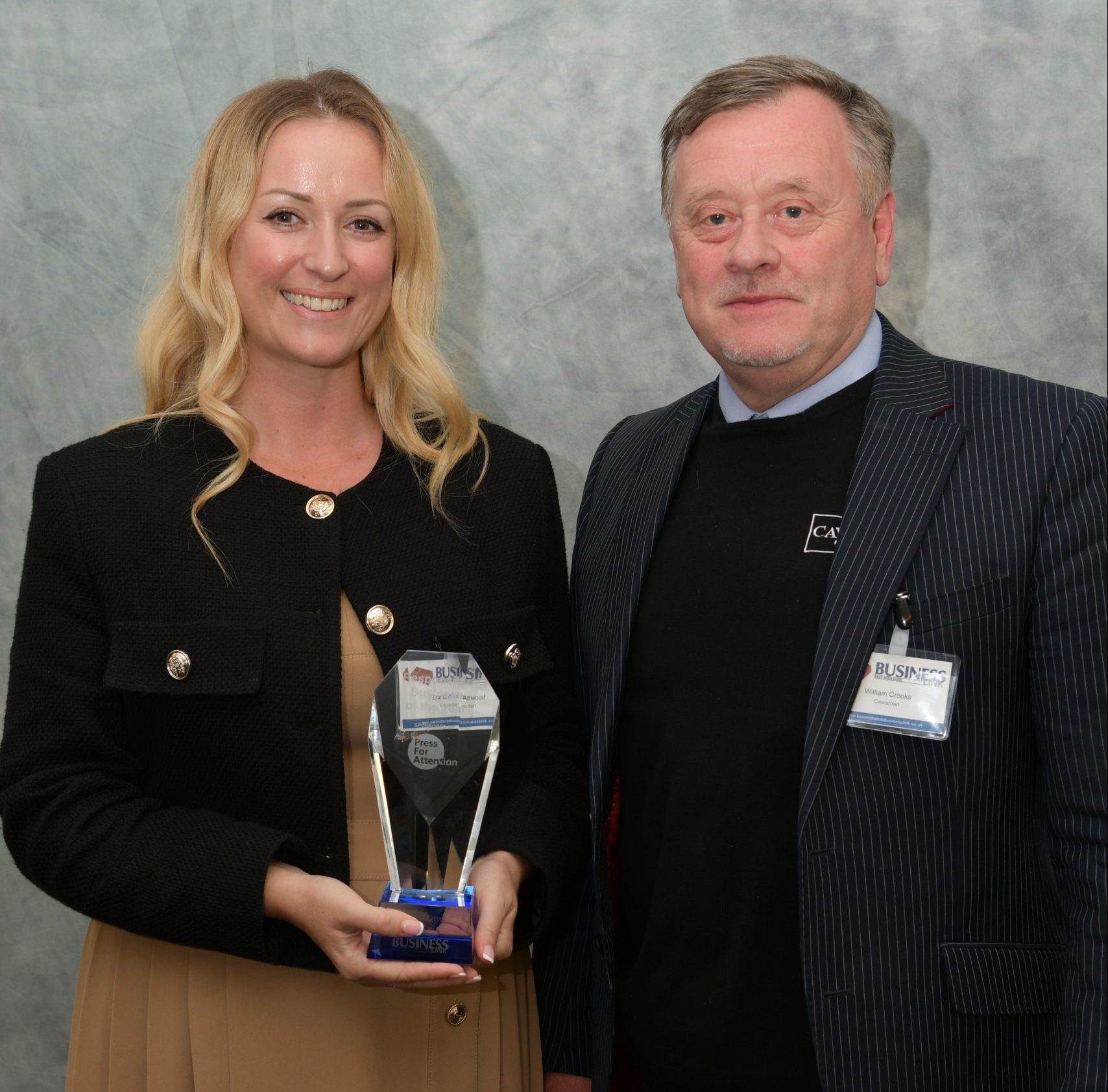Rolls-Royce completes sale of ITP Aero
Council steps in to deliver building contracts after contractor ceases trading
Regenerative farming conference at the Midlands Machinery Show
Octavian Security UK appoints new armed forces champion
Works begin at new Kibworth business park

NG seals deal to sell Nottingham Professional Services Quarter office building
Leicester wealth management company completes acquisition of Irish counterpart
Recession marks turning point for buoyant UK labour market
Energy price news is good for business – but firms need details, and fast, says FSB
- What will be the fixed unit prices (and standing charges) from October 1?
- What practically will now change – will energy retailers suspend high quotes and contract offers and recalculate from October 1?
- Will those who have accepted hugely increased bills in recent weeks be able to renegotiate to bring their bills down to reasonable levels?
- As a small business normally gets quoted for at least 12 months, does that new quote include 6 months at a low rate and 6 months at a high uncapped rate? How does the energy retailer know who to quote extra support to, for the secondsix-month period?
Sustained high inflation maintains pressure on businesses, says new report
Company insolvencies jump by more than 70%, reveal new figures
East Midlands celebrates the life of the Queen
Winners revealed: the East Midlands Bricks Awards 2022
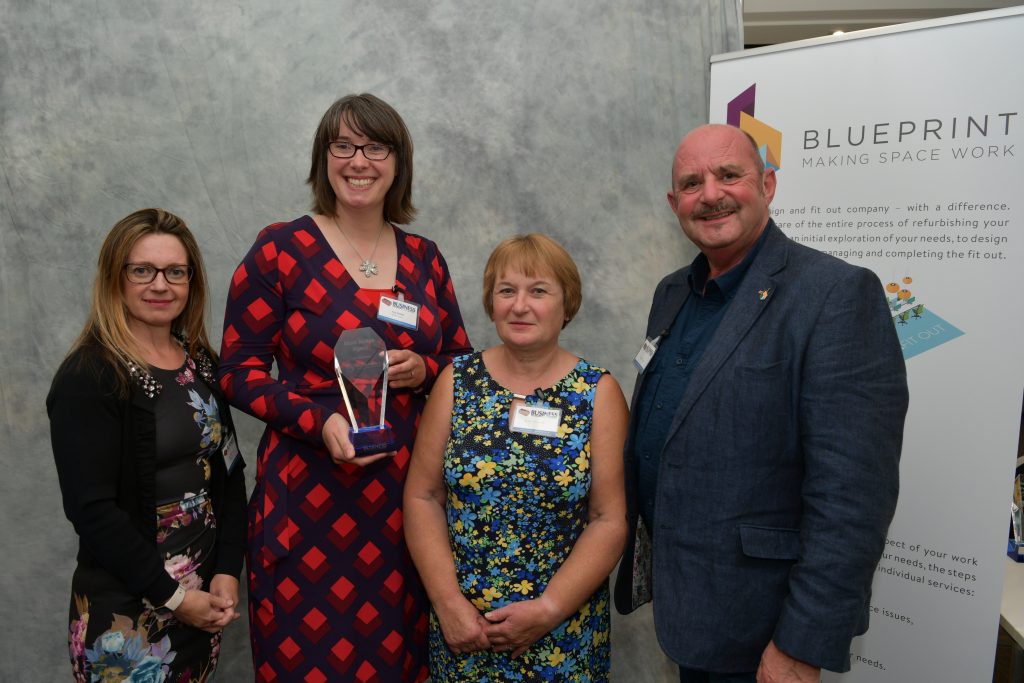
Most Active Agent – sponsored by Blueprint Interiors
Winner
Mather Jamie
Runners up
OMEETO
BB&J Commercial

Commercial Development of the Year – sponsored by Frank Key
Winner
Broad Marsh Bus Station and Car Park – Galliford Try Construction
Runners up
Etiquette Park – Clowes Developments
Nottinghamshire Police and Nottinghamshire Fire & Rescue Service joint HQ – Henry Brothers
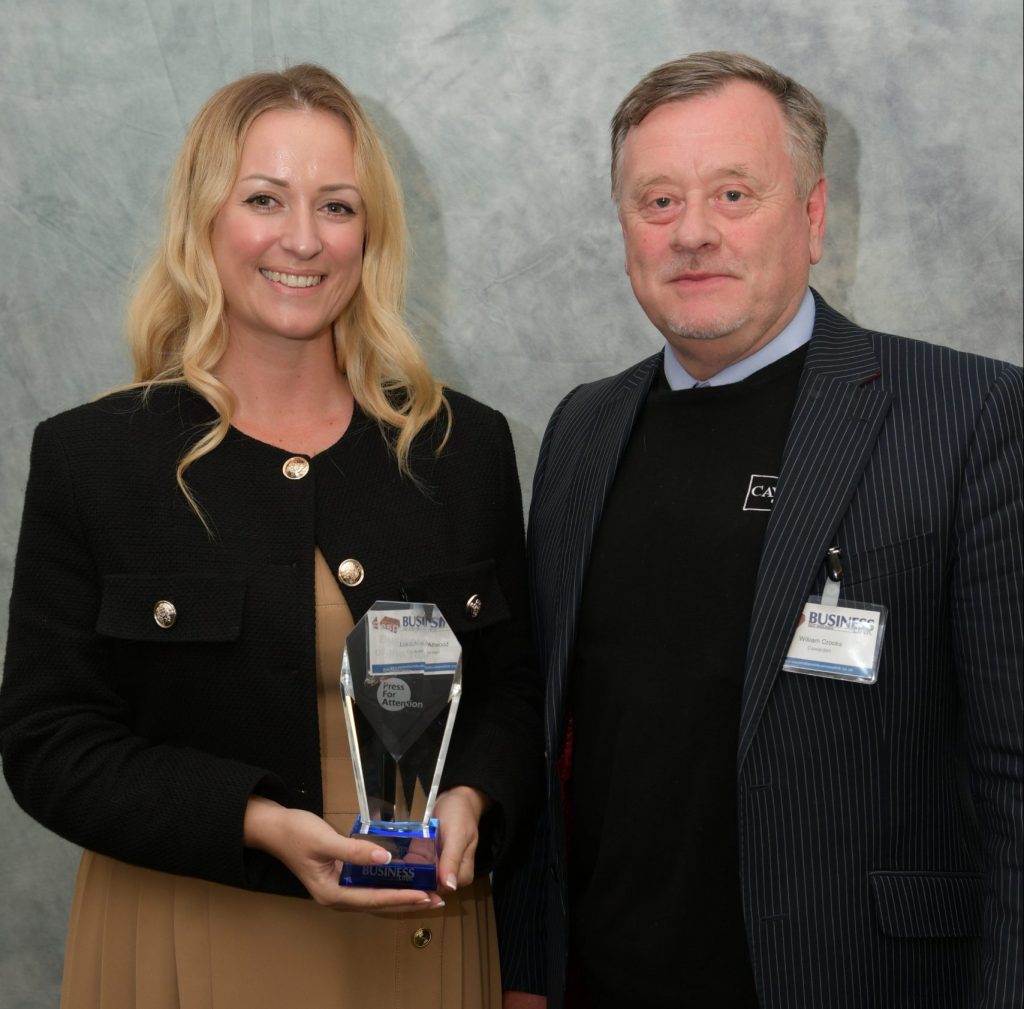
Responsible Business of the Year – sponsored by Press for Attention PR
Winner
Cawarden
Runners up
Arc Partnership
Phoenix Brickwork
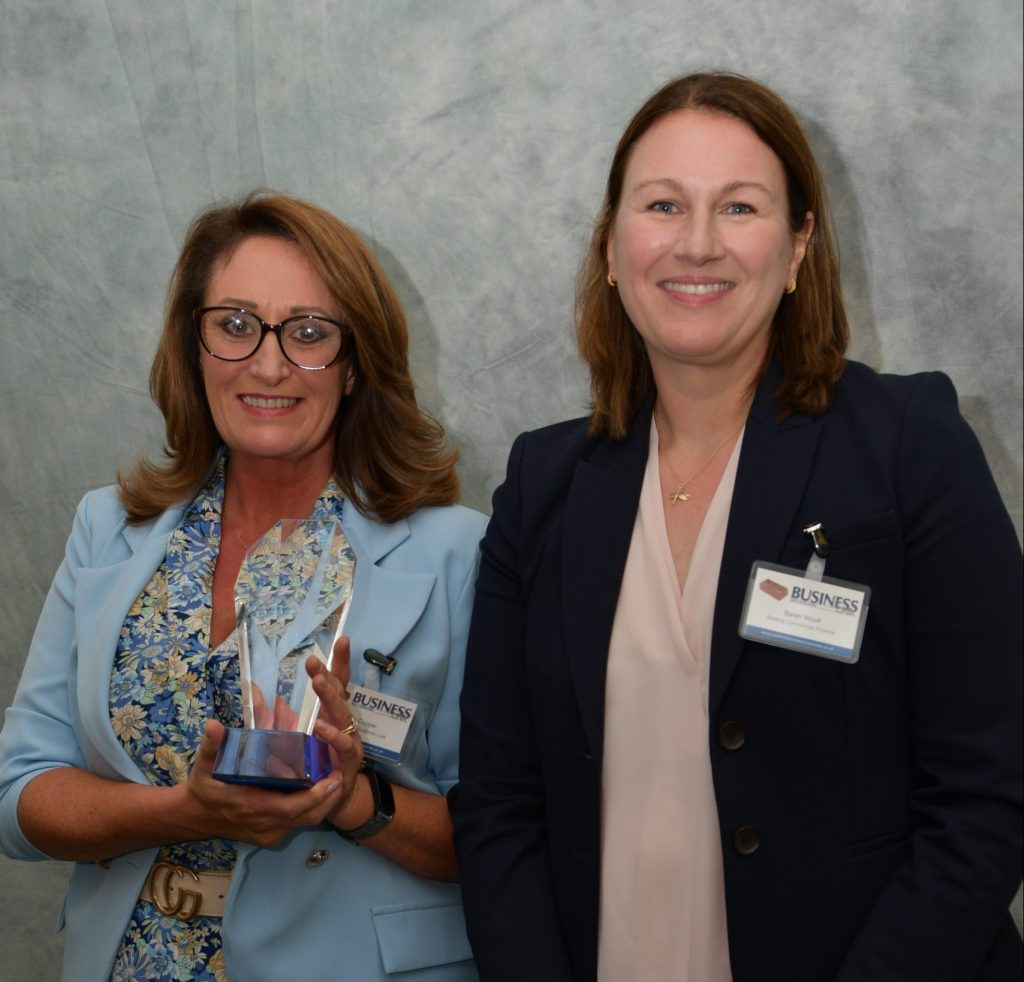
Residential Development of the Year – sponsored by Sterling Commercial Finance
Winner
Glenvale Park – Glenvale Park LLP
Runners up
The Rise, Southwell – Stagfield Group
Hindle House – KMRE Group

Deal of the Year – sponsored by Blythin & Brown Insurance Brokers
Winner
Wells McFarlane, APB and Newton LDP – sale of 460 acres of land in North Leicestershire, making way for a new garden village
Runners up
St James Securities – Phase Two of the Becketwell regeneration scheme in Derby – 3,500 capacity Becketwell performance venue with ASM Global
Morgan Industrial Properties Limited – acquisition of the former Ewart Chain site in Shaftesbury Street, Derby
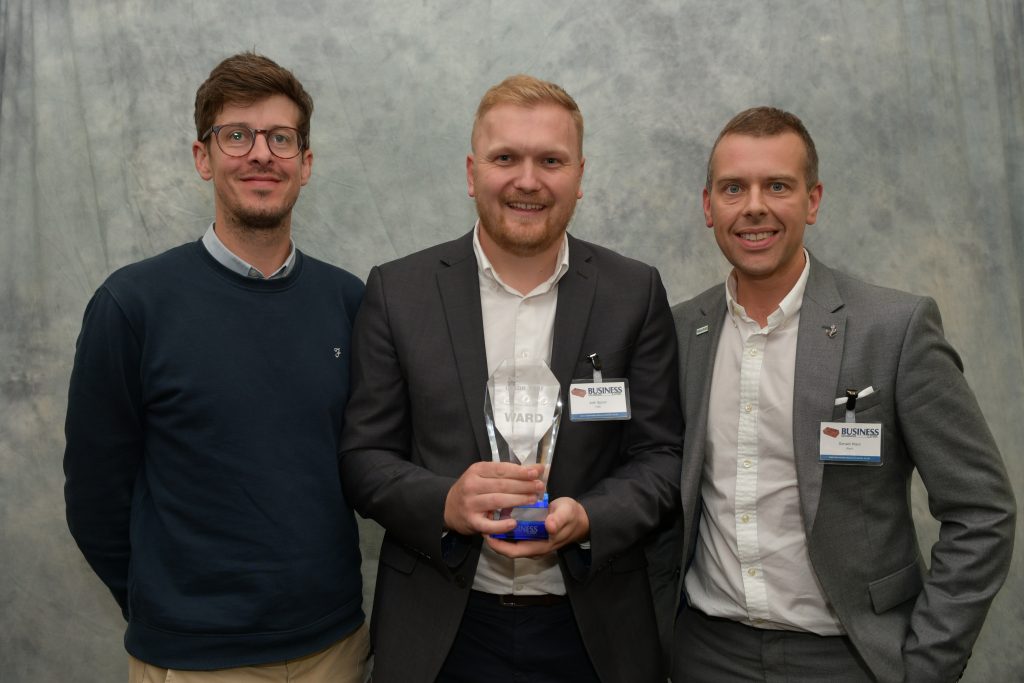
Developer of the Year – sponsored by Ward
Winner
HBD
Runners up
Hockley Developments
St James Securities
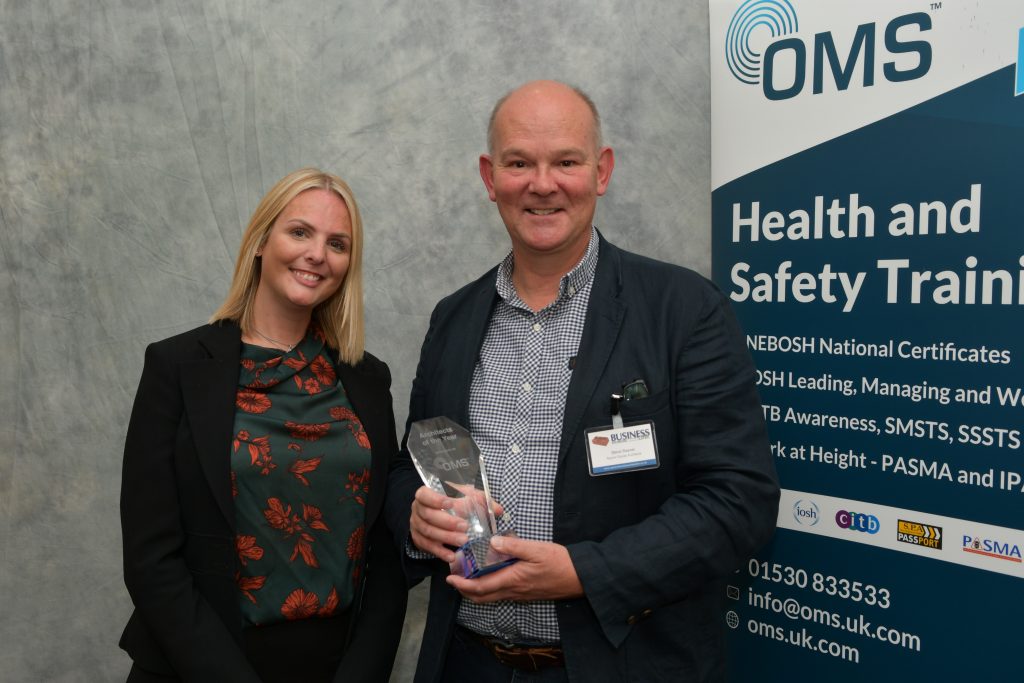
Architects of the Year – sponsored by OMS
Winner
Rayner Davies Architects
Runners up
Swain Architecture
CPMG Architects
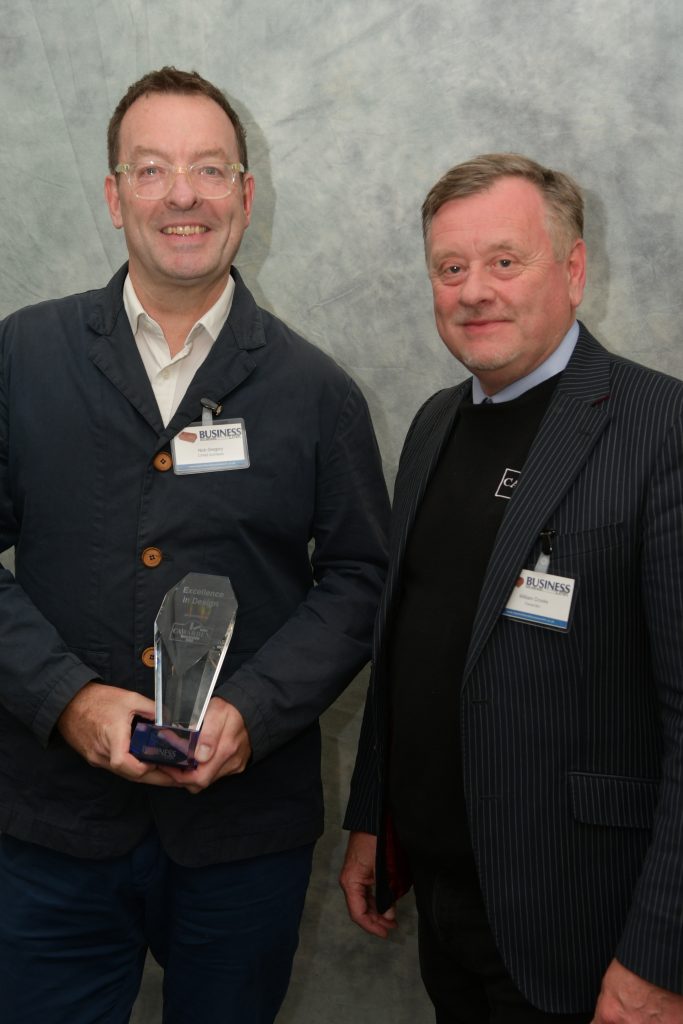
Excellence in Design – sponsored by Cawarden
Winner
St. Peter’s Gate renovation – CPMG Architects
Runners up
Health and Allied Professions Centre at Nottingham Trent University – Pick Everard
Brookside Farm – Chevin Homes

Sustainable Development of the Year – sponsored by Viridis Building Services
Winner
Broad Marsh Bus Station and Car Park – Galliford Try Construction
Runners up
Refurbished HQ for LKAB Minerals – Scenariio
Northern Gateway Enterprise Centre – Chesterfield Borough Council, Whittam Cox Architects, Robert Woodhead Group
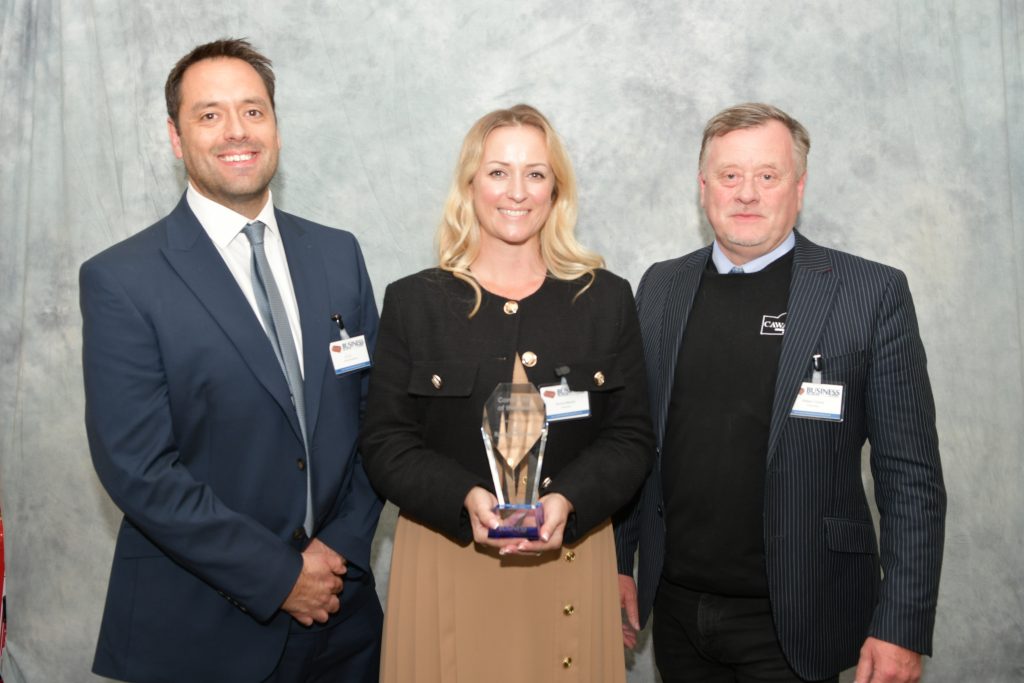
Contractor of the Year – sponsored by RammSanderson
Winner
Cawarden
Runners up
Galliford Try Construction
Enrok Construction

Overall Winner – sponsored by Streets Chartered Accountants
Galliford Try Construction
See the event in the images and video below. Thanks to Richard Picksley for photographing the event.











Held at:

Derby PR agency opens its doors to Ukrainian PR specialist
Derby PR & communications agency Nielsen McAllister has appointed a new specialist, Alona Vvedenska, who has arrived in the UK after fleeing her home in war-torn Ukraine.
Alona Vvedenska joins the agency as account & content support executive following a traumatic start to the year. With her 13-year-old son, Alona fled Kyiv on an evacuation train in March, arriving in the UK as part of the Homes for Ukrainians scheme.
As a journalist, author of articles, and editor of national Ukrainian periodicals, Alona wanted to get back to work and use her expertise.
Alona’s sponsor, Derby businessman Nino Simone, contacted Nielsen McAllister, which was looking for a content specialist to support its rapid growth.
“We were already recruiting and struggling to find someone with the right set of skills to support new and existing clients. After meeting Alona, it was obvious she would be an asset to the team – and, of course, it feels amazing to be able to help someone in Alona’s circumstances,” said Simon Wildash, director of Nielsen McAllister. Alona has more than 16 years of background working in PR, supporting international clients such as Rockwool and Siemens with market launches and press engagement. As journalist and editor, she has conducted interviews with celebrities and politicians, and has been responsible for developing magazines from front cover to back. Alona is now actively using her literary skills and PR experience to further strengthen Nielsen McAllister’s content creation offering for existing and new clients. At the same time, the Green Lane office has provided Alona with a welcoming and friendly environment, with the team bonding over everything from movies to food. Alona has already treated her new colleagues to borscht with papmushki. Speaking of her difficult year, Alona said: “The experience of war is something that is incredibly difficult to put into words. Everything that seems impossible or unbearable to us in peacetime becomes part of everyday life. It’s a state where you can’t feel normal, but the pain is just hellish. “I am therefore heartily grateful to the UK and my new colleagues for the opportunity to live and work here. I am very happy to be a part of the Nielsen McAllister team and it’s helping me to achieve a degree of stability during such turbulent times.”Occupational hygienist is the latest hire for Finch Consulting
Two months to go until the East Midlands Expo!
For more information on exhibiting at the event click here.
To register to attend the event for free click here.
To secure tickets for the networking lunch click here.















